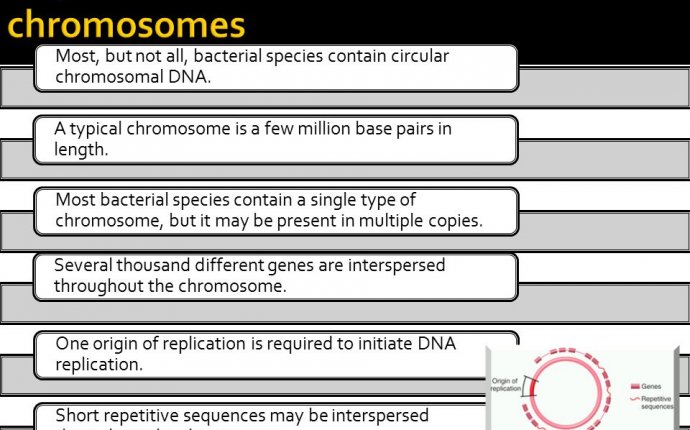
Features of Bacterial
Substrate grain structure and topography play major roles in mediating cell and bacteria activities. Severe plastic deformation techniques, known as efficient metal-forming and grain refining processes, provide the treated material with novel mechanical properties and can be adopted to modify nanoscale surface characteristics, possibly affecting interactions with the biological environment. This in vitro study evaluates the capability of severe shot peening, based on severe plastic deformation, to modulate the interactions of nanocrystallized metallic biomaterials with cells and bacteria. The treated 316L stainless steel surfaces were first investigated in terms of surface topography, grain size, hardness, wettability and residual stresses. The effects of the induced surface modifications were then separately studied in terms of cell morphology, adhesion and proliferation of primary human osteoblasts (bone forming cells) as well as the adhesion of multiple bacteria strains, specifically Staphylococcus aureus, Staphylococcus epidermidis, Pseudomonas aeruginosa, and ampicillin-resistant Escherichia coli. The results indicated a significant enhancement in surface work hardening and compressive residual stresses, maintenance of osteoblast adhesion and proliferation as well as a remarkable decrease in the adhesion and growth of gram-positive bacteria (S. aureus and S. epidermidis) compared to non-treated and conventionally shot peened samples. Impressively, the decrease in bacteria adhesion and growth was achieved without the use of antibiotics, for which bacteria can develop a resistance towards anyway. By slightly grinding the surface of severe shot peened samples to remove differences in nanoscale surface roughness, the effects of varying substrate grain size were separated from those of varying surface roughness. The expression of vinculin focal adhesions from osteoblasts was found to be singularly and inversely related to grain size, whereas the attachment of gram-positive bacteria (S. aureus and S. epidermidis) decreased with increasing nanoscale surface roughness, and was not affected by grain refinement. Ultimately, this study demonstrated the advantages of the proposed shot peening treatment to produce multifunctional 316L stainless steel materials for improved implant functions without necessitating the use of drugs.



